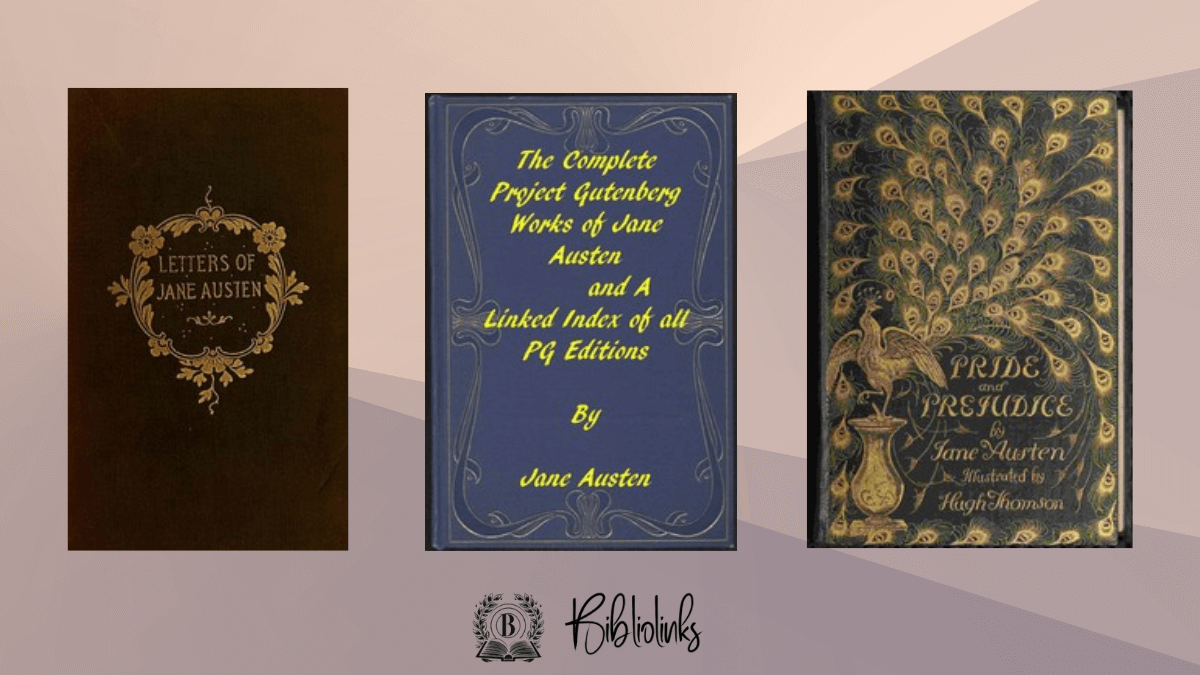Your basket is currently empty!

The Timeless World of Jane Austen: A Journey Through Her Life and Works
Jane Austen, one of the most renowned English novelists of all time, has left an indelible mark on the literary world. With her keen eye for social observation, wit, and nuanced portrayals of human nature, Austen’s works continue to captivate readers more than two centuries after her death. In this article, we will explore the life of Jane Austen, her writing style, and the enduring legacy of her novels.
Early Life and Education
Born on December 16, 1775, in Steventon, Hampshire, England, Jane Austen was the seventh of eight children in a close-knit, middle-class family. Her father, George Austen, was a clergyman, while her mother, Cassandra Leigh Austen, was from an upper-class background. Jane’s parents encouraged her education, providing her with access to their extensive library, which allowed her to develop her love for literature from an early age.
Austen’s formal education was brief, but her intellectual curiosity and desire to learn remained undiminished. She began writing at a young age, experimenting with various forms such as poetry, short stories, and plays, before ultimately focusing on novel writing.
Literary Works and Writing Style
Austen’s major works include “Sense and Sensibility” (1811), “Pride and Prejudice” (1813), “Mansfield Park” (1814), “Emma” (1815), “Northanger Abbey” (1818, posthumous), and “Persuasion” (1818, posthumous). These novels predominantly explore themes of love, marriage, social status, and morality within the context of early 19th-century British society.
Austen’s writing style is characterized by her astute observations of human nature and her ability to create complex, believable characters. Her novels often feature a strong, intelligent female protagonist, such as Elizabeth Bennet in “Pride and Prejudice” or Emma Woodhouse in “Emma.” These characters navigate the complexities of relationships, societal expectations, and personal growth with wit, resilience, and self-awareness.
One of Austen’s most notable achievements is her use of irony and satire to comment on the societal norms of her time. She subtly exposes the hypocrisies and follies of the upper classes, highlighting the importance of personal virtues over superficial accomplishments.
Enduring Legacy
Despite her relatively small body of work, Jane Austen’s influence on literature cannot be overstated. Her novels have been adapted into countless film and television productions, with iconic portrayals of her characters by actors such as Colin Firth, Keira Knightley, and Gwyneth Paltrow.
Austen’s work continues to inspire contemporary authors, with modern retellings and reinterpretations of her stories. Additionally, scholars and fans alike analyze her novels, searching for deeper insights into her characters, themes, and the world she so skillfully portrayed.
Overall, Jane Austen’s timeless novels have transcended the boundaries of time and culture, remaining relevant and beloved by generations of readers. Her keen observations, wit, and ability to create complex, relatable characters ensure that her works will continue to captivate and inspire future generations, solidifying her status as one of literature’s most enduring and influential authors.